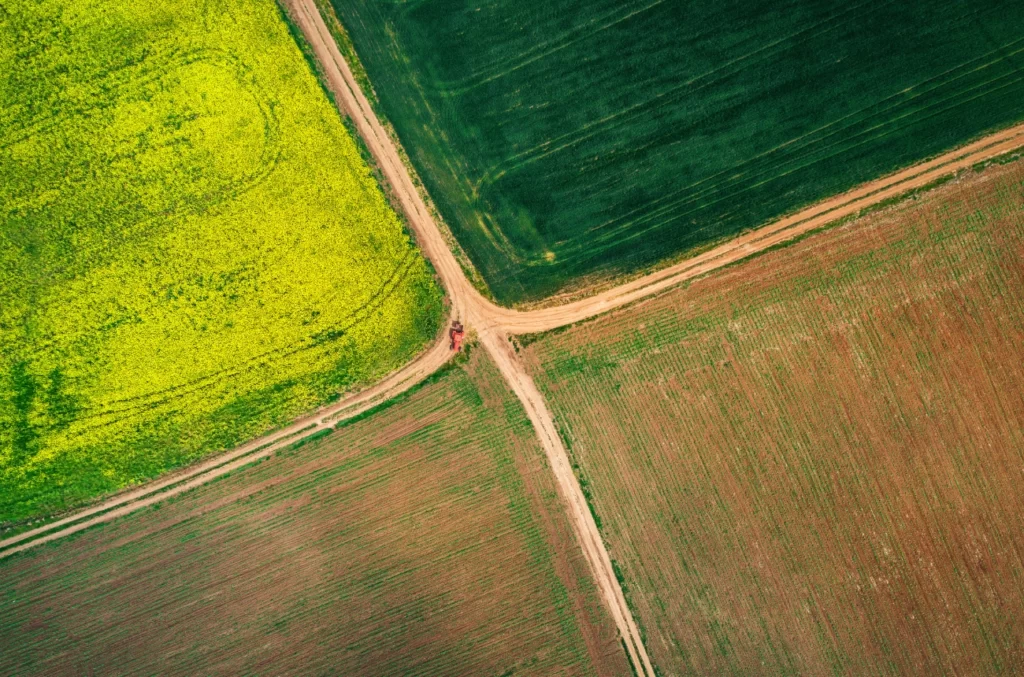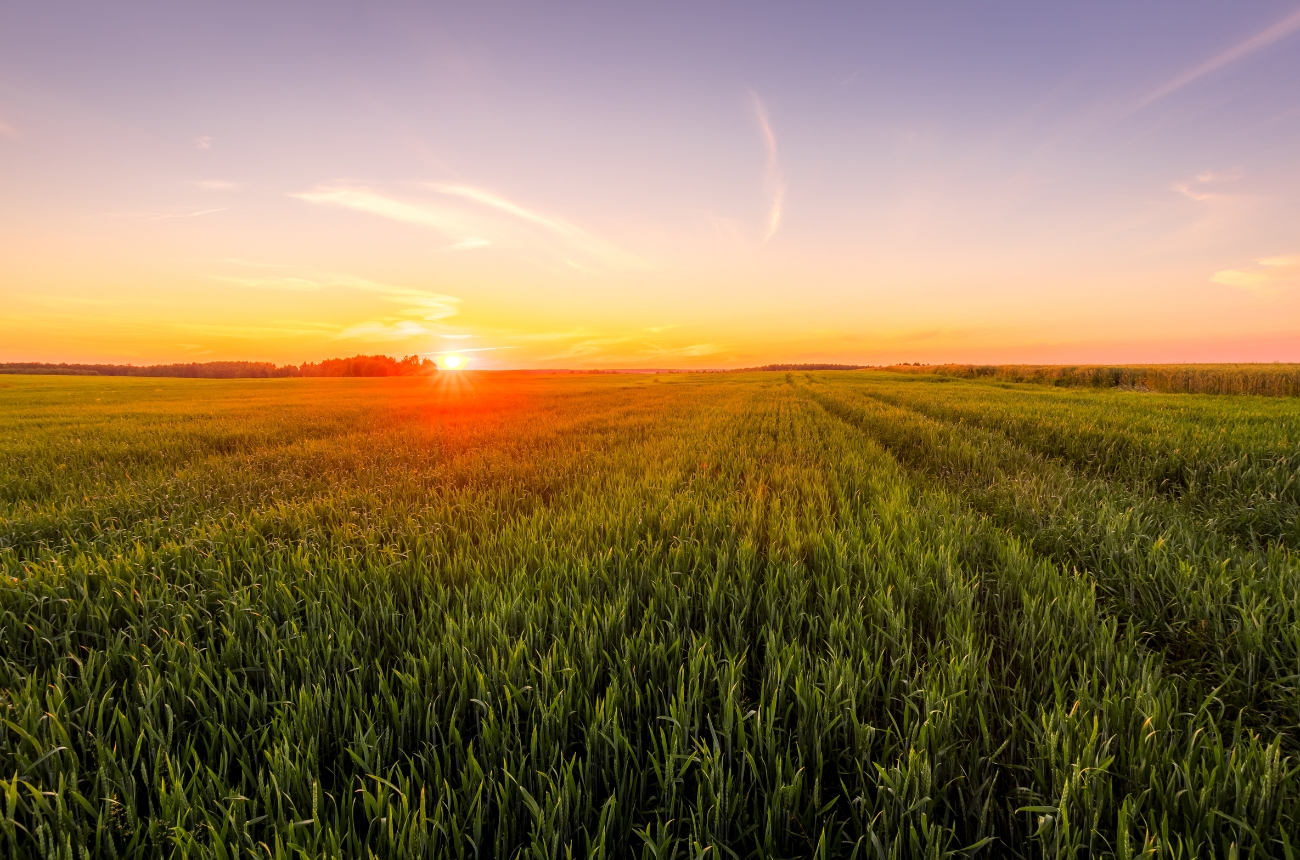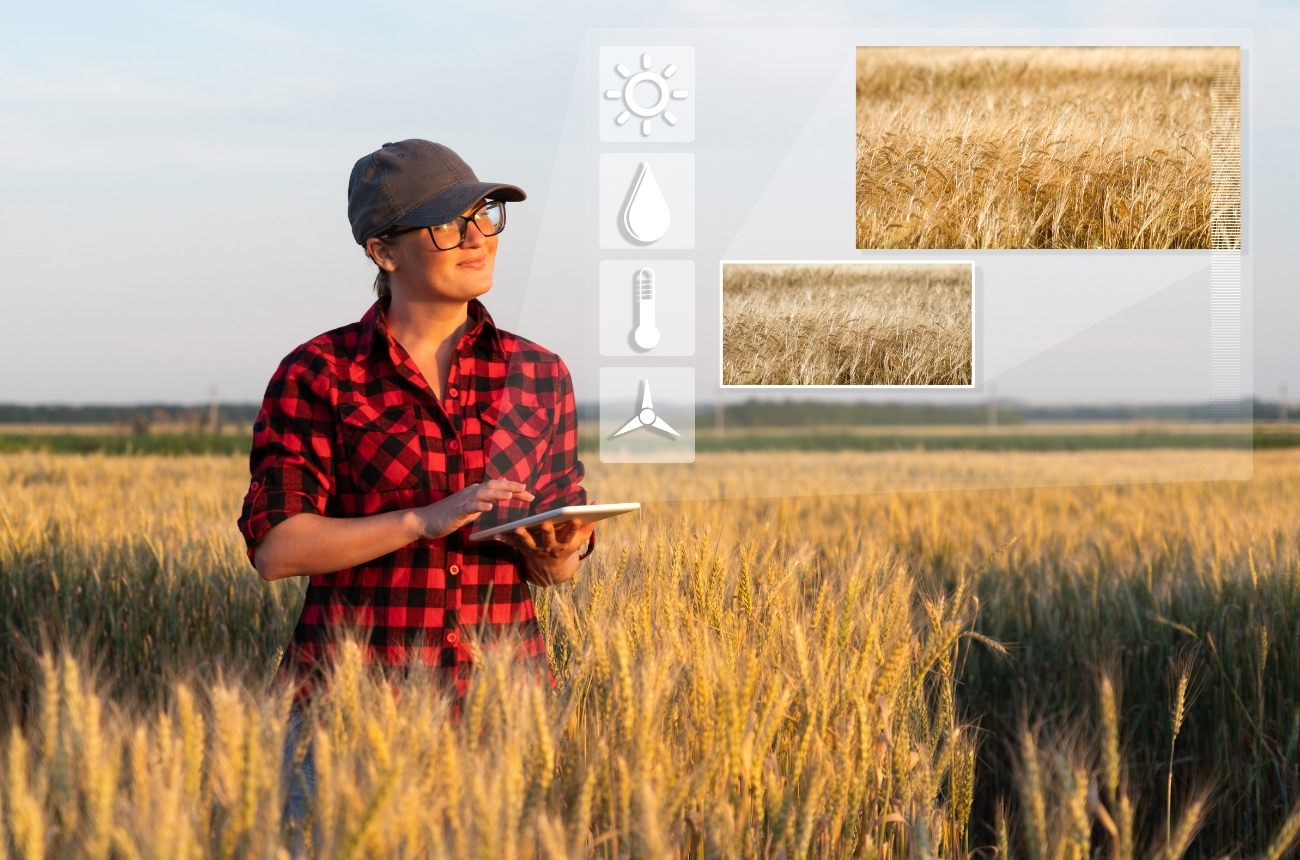2023 has been declared the “hottest year on record”, further fueling concerns about global warming. At WeatherX, we will be assessing the impacts of the climate crisis on agriculture and considering how solutions to future agricultural challenges can be found.
Global Warming and Agricultural Production
Increasing temperature and carbon dioxide due to climate change may be good for agriculture in the short term, but in the long term it leads to crop loss. Mild winters caused by climate change cause the harvest period to be delayed, while the decrease in water resources in the summer months paves the way for irrigation problems.
In addition to all these, we have seen that severe weather events caused by climate change, which continue to increase, host various fires and droughts. In 2023, there were about 6k fire incidents, the Panama Canal saw its lowest level, and with global warming also hitting agriculture, the EU Commission’s reintroduction of GMOs to the agenda reveals how serious the situation is.
Agricultural Challenges: Drought and Irrigation
Drought and irrigation problems are critical issues that deeply affect the agricultural sector and pose a major threat to sustainability. Decreasing water resources due to high temperatures increases the dependence on water, which is of fundamental importance, and seriously threatens irrigation systems and water resources.
This poses a major challenge for farmers in terms of productivity, product quality and sustainability. Increasing drought coupled with climate change has a critical impact for the future and requires farmers to develop new strategies to utilise water resources more efficiently, adopt smart irrigation technologies and adopt sustainable agricultural practices. In this context, efforts to move the sector towards a more resilient and sustainable future by finding effective solutions to drought and irrigation problems are critical.
Climate Change Adaptation in Agriculture
The impacts of climate change, such as rising temperatures, changing rainfall patterns and extreme weather events, are putting significant pressure on the sustainability of agriculture. Adapting the sector to these challenges includes adopting more resilient and resilient agricultural practices. Reviewing water management strategies, using drought-resistant crop varieties and adopting climate-smart agricultural techniques are critical for agriculture to adapt to climate change. In addition, farmer training programmes supported by meteorological data analysis and weather forecasting systems can strengthen agriculture’s adaptation to a changing climate.
Climate change adaptation should involve not only farmers in the agriculture sector, but also local governments, research organizations and the private sector. Effective collaboration and information sharing among all stakeholders in the sector can help take a stronger stance against climate change by increasing the sustainability of agriculture.

Sustainable Agricultural Practices
Sustainable agriculture is an important concept as an approach that aims to preserve environmental and economic balance. This agricultural model aims to leave a healthier world for future generations by protecting soil health, biodiversity and water resources. Sustainable agricultural practices support ecosystems and increase soil fertility by minimizing the use of chemical fertilizers and pesticides. Organic farming encourages the efficient use of natural resources, while agro-ecological approaches emphasize the integration of farms into local ecosystems.
Sustainable agriculture also involves innovative solutions in various areas such as water management, energy use and waste reduction. This approach contributes to the long-term profitability of farmers, while providing value to communities and the global environment from a broader perspective. Therefore, sustainable agricultural practices contribute to a healthy food system for future generations by making the agricultural sector more resilient, environmentally friendly and community-oriented.
Preparing for the Future Together
With 2023 set to be the hottest year on record, the agriculture sector faces a tough test. However, at WeatherX, we believe that by working together and strengthening knowledge sharing, we as farmers, researchers and businesses can build a strong foundation for agricultural sustainability. We need to take steps now to prepare for the future.




